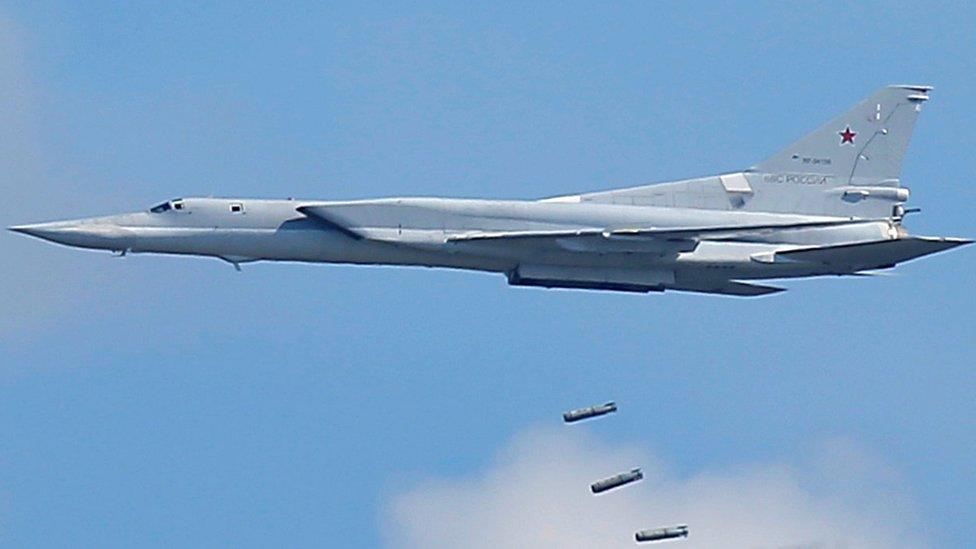Russia deploys nuclear-capable missiles in Kaliningrad
- Published
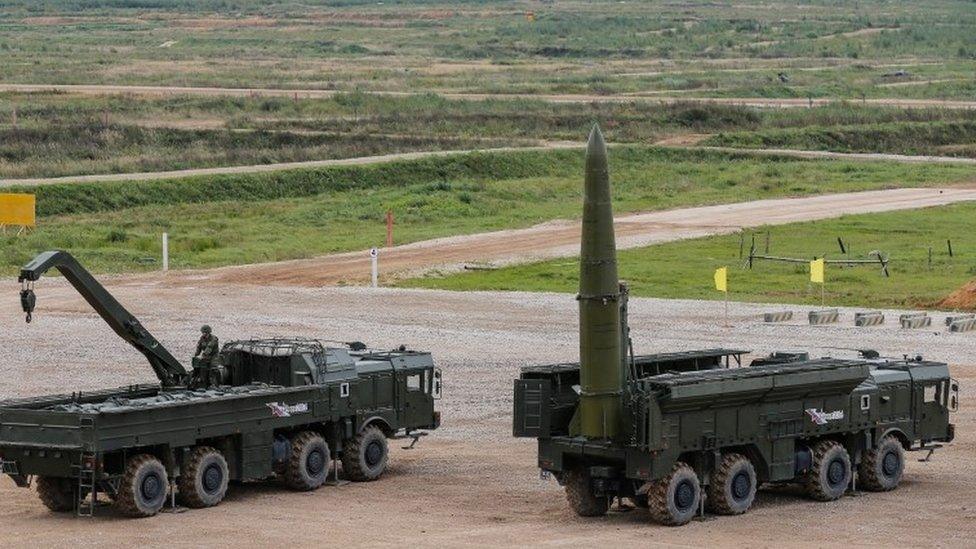
The Iskander system (file photo) could reach the German capital, Berlin
Russia has deployed nuclear-capable Iskander missiles in its western-most region, Kaliningrad, which borders on Nato members Poland and Lithuania.
Poland said the development was of the "highest concern", adding it was monitoring the situation.
Russia's defence ministry said the new deployment was part of military exercises and had happened before.
The US and Nato have seen disagreements with Russia intensify in recent times, particularly over Syria and Ukraine.
Kaliningrad is a Russian enclave sandwiched between Poland and Lithuania.
Are Russia's military advances a problem for Nato?
Nato and Russia - in search of dialogue
The Iskander system has a range of up to 700km (440 miles) and could reach the German capital, Berlin.
Polish Defence Minister Antoni Macierewicz called Russia's activities "very alarming".
And a US intelligence official told Reuters the move could be to express displeasure at Nato. Nato is boosting its eastern flank by deploying four battalions in Poland, Lithuania, Latvia and Estonia next year.

Kaliningrad facts
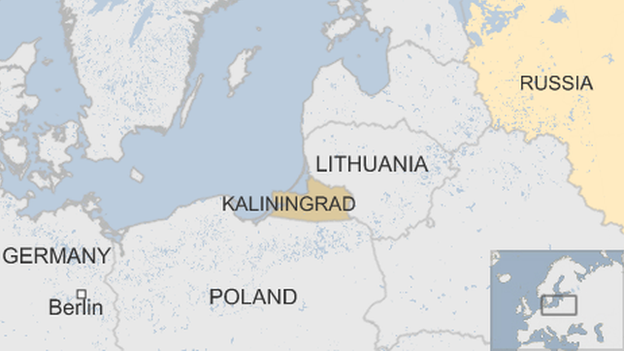
Koenigsberg, as the city of Kaliningrad was once known, was founded by Teutonic knights in the 13th Century. It was once the capital of Prussia
Annexed from Germany after WWII. Germans fled or were expelled
Is more than 300km away from Russia, which can only be reached through an EU country
It houses the Russian Baltic Fleet and is the country's only ice-free European port
The philosopher Immanuel Kant spent all his life in the city and died there in 1804

But Russian defence ministry spokesman Igor Konashenkov said the deployment was "not exceptional".
Russia's annexation of Crimea and its support for rebels fighting in eastern Ukraine provoked considerable alarm in this region that Moscow might also consider aggressive action against countries on Nato's eastern flank, says the BBC's Adam Eston in Warsaw.
Nato sought to soothe those fears at its Warsaw summit in July by announcing it would deploy troops to both the Baltic states and Poland, our correspondent says.
Nato said it was a purely defensive action but Moscow sees it as a threat and the deployment of the missiles could be viewed as a counter measure, he adds.
Iskanders were sent to Kaliningrad during military drills last year.
Russia's annexation of Crimea and its support of Syrian President Bashar al-Assad continue to test relations with Western powers.
Finland, Sweden, Estonia and Latvia are among nations reporting recent air-space violations by Russia's military.
- Published11 August 2016
- Published5 October 2016
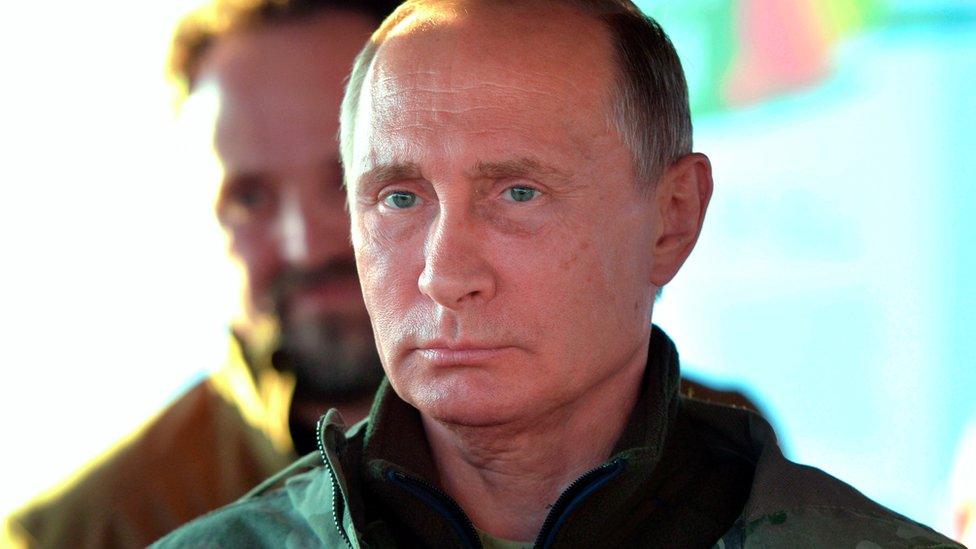
- Published12 August 2016
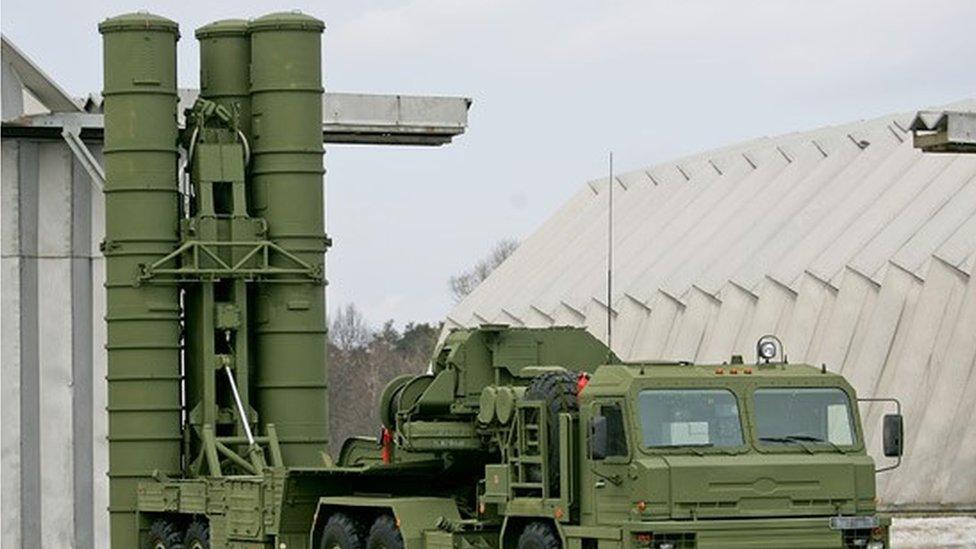
- Published6 October 2016
